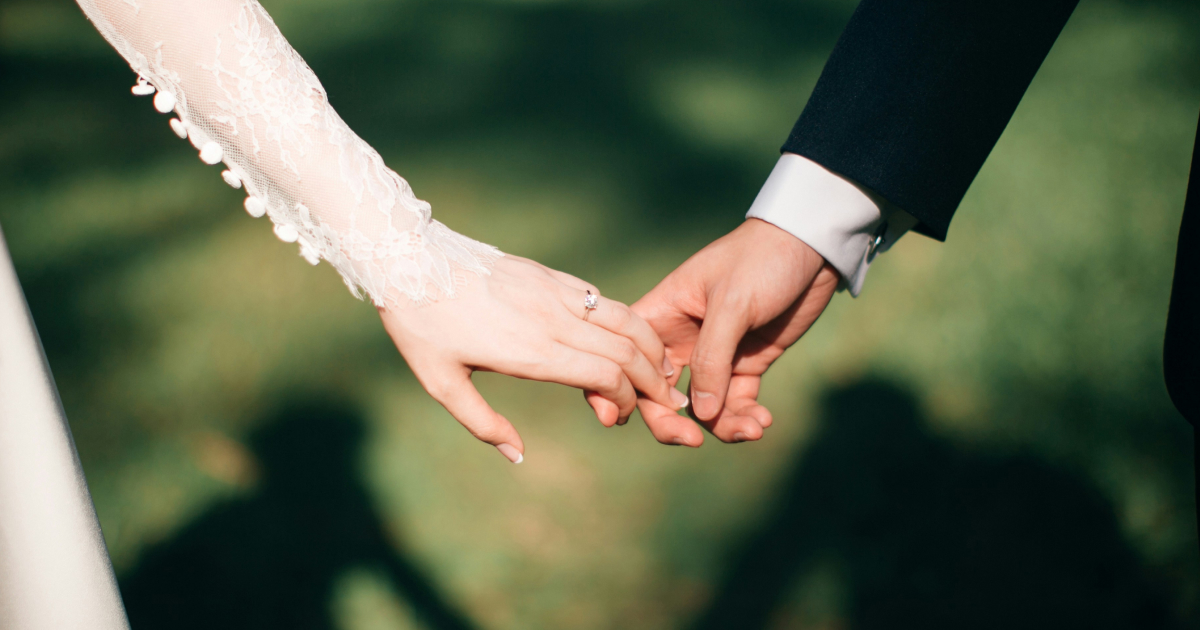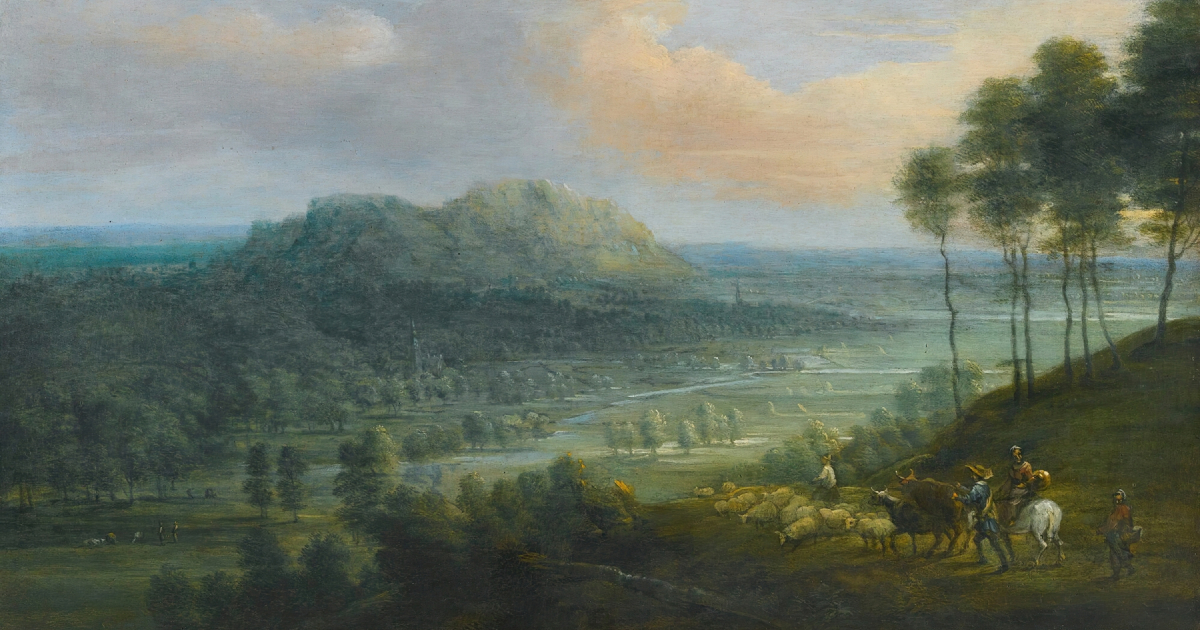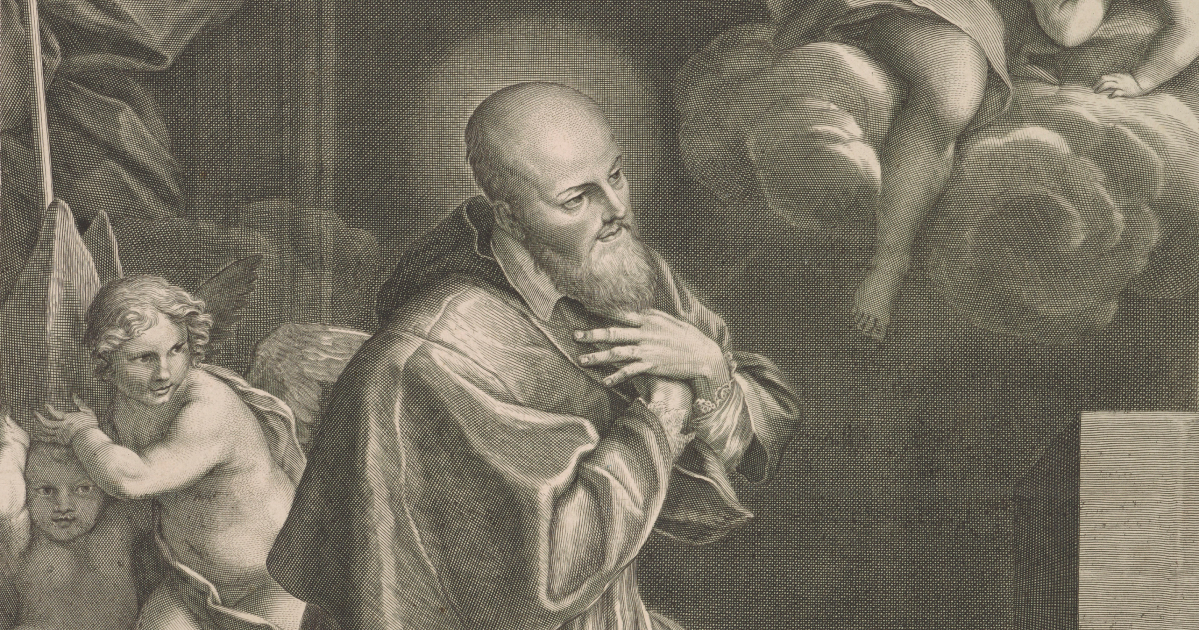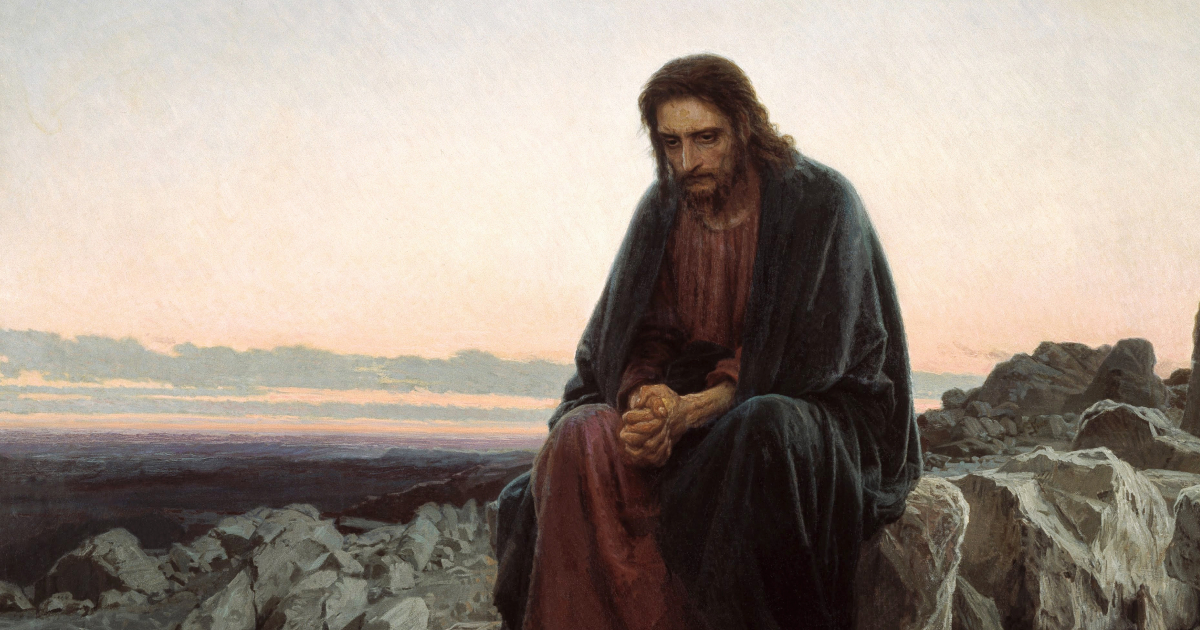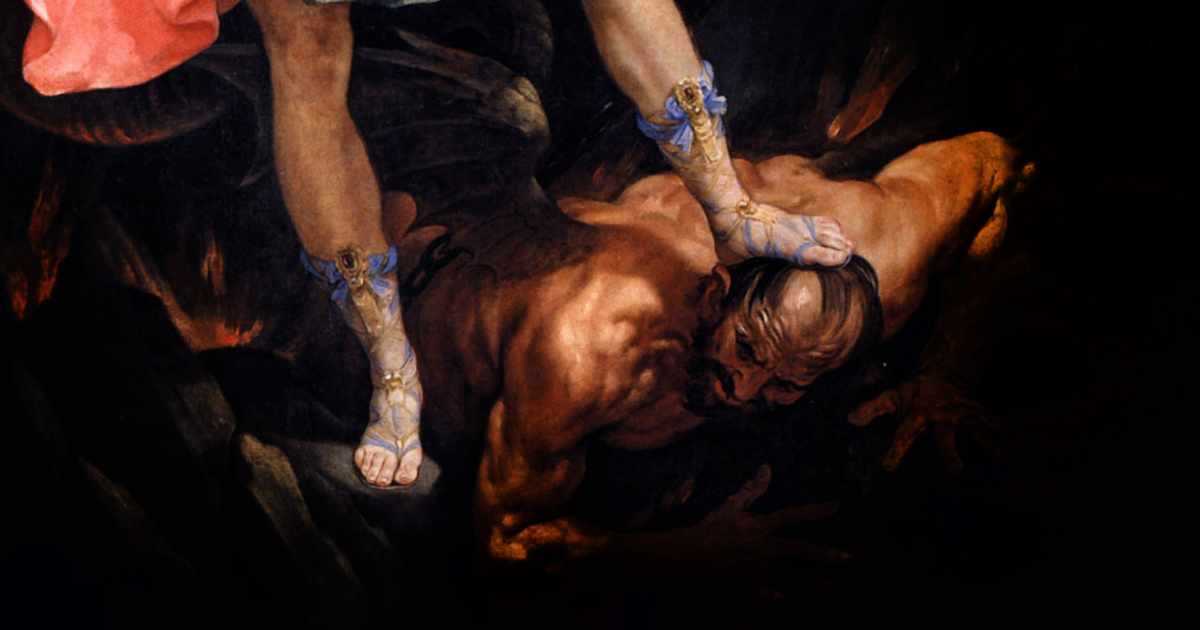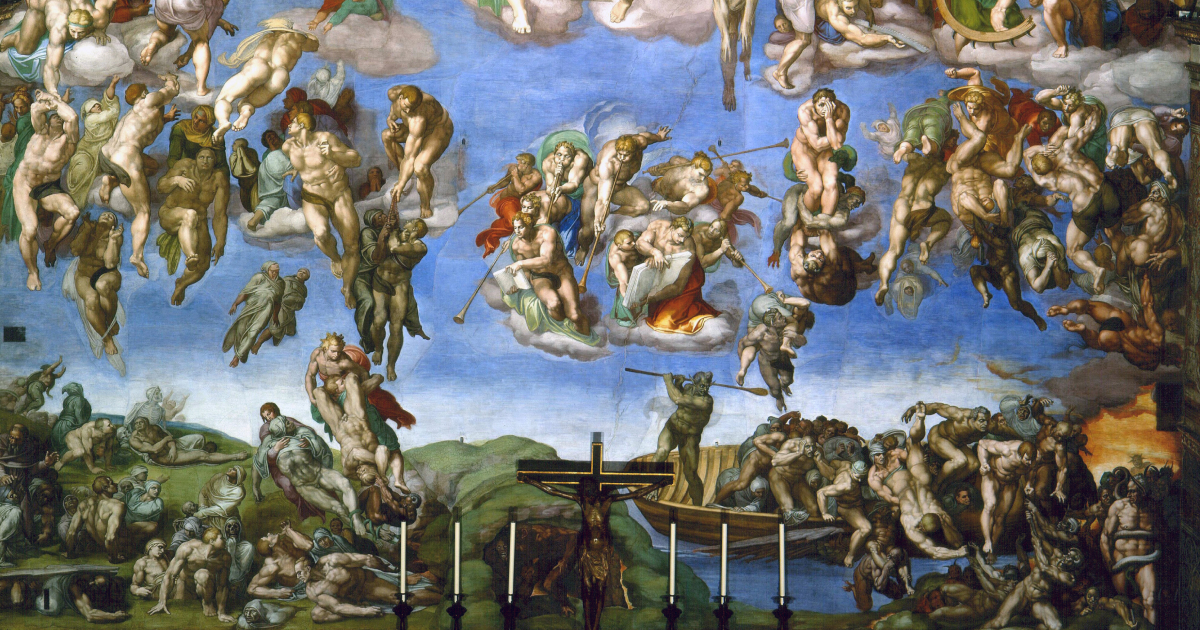While Halloween is now synonymous with drunken costume parties, slasher movies and hordes of little monsters pilfering candy from their beleaguered neighbours, this wasn’t always so. But neither was it ever (really) Catholic.
Every year, as the winds chill and the pumpkins fatten in their patches, a well-intentioned theologian will pipe up to insist that Halloween is “really” a Christian festival – a misunderstanding, they argue, of All Hallow’s Eve. It is an earnest attempt to reclaim something that was never truly ours to begin with. A pious attempt, perhaps, but a false one.
Halloween belongs to the pagans. And we should let them keep it.
The roots of the holiday are buried deep in the soil of primitive Europe, in the cold and superstitious twilight of the Celtic year. Our pre-Christian ancestors celebrated Samhain on the final day of October, marking the death of harvest and the beginning of winter.
It was not a night of communion with the saints, but of superstition fear, where bonfires were lit and sacrifices made to appease the dead as they crossed the spiritual barrier to walk once more among the living.
The modern imagination, eager for cosy folklore and tales of “spiritual fellowship”, is inclined to romanticise its pagan origins as some harmonious communion with nature. It was not. It was a trembling display of appeasement before hostile, threatening powers that our mortal minds could not comprehend.
And when Catholicism planted its flag on these moody isles, the Church did what it did best: she set about sanctifying time itself.
All Saints’ Day was placed in early November, not to bless Samhain but to supplant it. The sacrificial fires were replaced with candles for the souls of departed faithfuls. The looming anxiety of pagan superstition was transfigured into prayer.
Halloween, as the world now knows it, was never part of that inheritance. It is what was left behind – the ghost of a world that feared the dark.
Yet, as the supermarkets roll out jumbo packs of pick n’ mix and social media fills with Halloween outfit “inspo” videos, Catholics grow oddly restless. We hear that Halloween “belongs to us”, that trick-or-treating is a faint echo of medieval “soul cakes”, that the skeletons and ghosts are misunderstood symbols of mortality.
But this is the theological equivalent of rummaging through the attic for heirlooms that were never ours.
There is something rather desperate in our insistence that Catholicism be acknowledged as the root cause of this consumerist nightmare. There is no shame in saying that Halloween has nothing to do with the Faith.
In trying to claim it, we risk suggesting that Paganism and Christianity were two dialects of the same language. Samhain had nothing to do with the communion of saints, and pretending otherwise does us no credit.
Modern Catholics often fear standing apart from the culture, so they find theological excuses to join in. We have done the same with Christmas and Easter, turning the feasts of the Incarnation and Resurrection into consumerist-stamped nightmares.
But Halloween is different. It was never a Christian festival, and the more we try to dress it up as one, the less convincing we sound.
And besides, there is a legitimate Christian observance in this season: the vigil of All Saints’ and the commemoration of All Souls. Those are holy days, rich in meaning, with their own rituals and prayers.
When we try to “baptise” Halloween, we miss that distinction.
By constantly trying to claim relevancy and purchase in festivities that opposed our own ideals, there is an implication that Britain’s esoteric past was just a warm-up act for Christianity – that our faith was just the next stage in an ongoing pagan evolution.
Take the example of those well-meaning theologians again: we offer “alternative celebrations” with saint costumes and bowls of squash instead of spiked punch, in the hope that Christian parents might be reassured.
But what does this say to the world? That we too want to join the dance, but in more tasteful attire? The saints deserve better. Their feast is not a sanitised version of pagan terror. It is the answer to it.
We have our own season of remembrance, far more luminous and profound. On All Saints’ Day, the Church lifts her eyes to heaven and rejoices that death means the passage to eternal life. On All Souls’, she prays for those still on their way.
So, let the pagans have their night. We have ours, and there is no good in pretending they are the same.
Photo: Ice-T and Coco Austin attend Heidi Klum's 23rd Annual Halloween Party presented by Butterfinger, Mattel and Prime Video at The Venue on Music Row in New York City, USA, 31 October 2024 (Photo by Mike Coppola/Getty Images for Heidi Klum Halloween)








